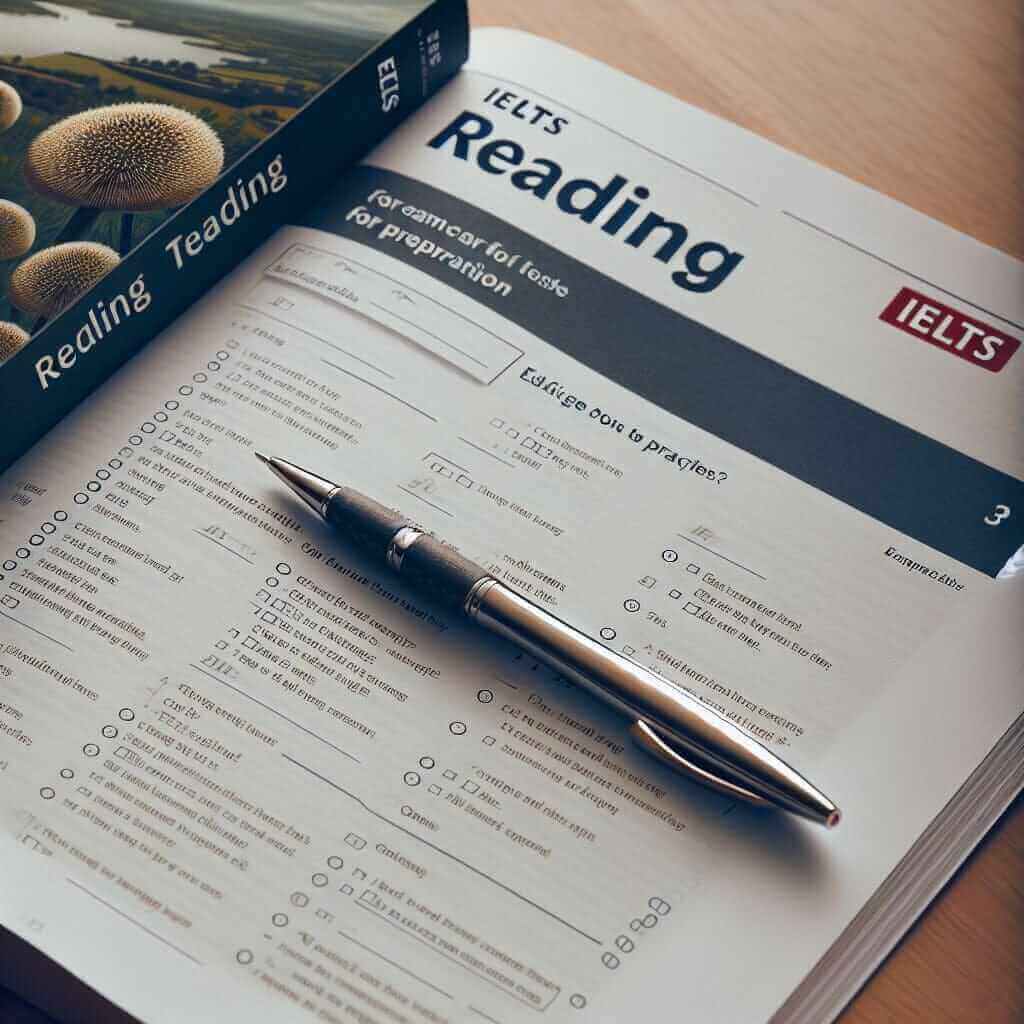The IELTS Reading section can be a challenging part of the exam, especially for beginners. In this article, we will explore some comprehensive tips and strategies to help you improve your reading skills and excel in the IELTS Reading test. By utilizing these tips, you can enhance your comprehension abilities, manage your time effectively, and avoid common pitfalls.
Understanding the IELTS Reading Section
The IELTS Reading test consists of three sections, with a total of 40 questions that you need to answer in 60 minutes. It assesses your ability to read and understand passages taken from books, magazines, newspapers, and journals. The test is designed to evaluate a range of reading skills, including reading for gist, reading for main ideas, reading for detail, skimming, understanding logical arguments, and recognizing writers’ opinions, attitudes, and purpose.
Effective Tips for Beginners
1. Develop Skimming and Scanning Techniques
Skimming involves reading quickly to get the general idea of the text, while scanning involves looking for specific information. These techniques are essential for managing your time effectively during the test.
Example:
In a passage about climate change, skimming would involve reading the first and last paragraphs and topic sentences to understand the main points. Scanning could involve looking for keywords like “global warming,” “carbon emissions,” or specific years mentioned in the text.
2. Improve Vocabulary Knowledge
A strong vocabulary will help you comprehend the reading passages more easily. Make a habit of learning new words daily and try to use them in your writing and speaking.
Example:
Words such as “sustainable,” “mitigation,” “biodiversity,” and “renewable” are often used in passages related to environmental topics. Understanding these words can help you grasp the context better.
3. Practice Different Question Types
There are various question types in the IELTS Reading test, including multiple-choice, matching headings, sentence completion, and True/False/Not Given. Familiarize yourself with these types and practice accordingly.
Example:
- For multiple-choice questions, read the question and all the options carefully before referring back to the passage.
- For True/False/Not Given questions, differentiate between what is stated in the passage and information that is implied or absent.
4. Manage Your Time Wisely
Time management is crucial in the IELTS Reading test. Allocate a specific amount of time to each passage and question type, and practice under timed conditions.
Example:
Spend approximately 20 minutes on each passage. Use the first 15 minutes to read and understand the passage and the remaining 5 minutes to review and answer the questions.
5. Pay Attention to Keywords
Identify and underline keywords in the questions and see if they appear in the passage. This can help you locate the relevant parts of the text quickly.
Example:
If a question asks about “the effect of pollution on marine life,” look for sections in the passage discussing “pollution” or “marine life.”
6. Understand Synonyms and Paraphrasing
The IELTS Reading test often uses synonyms and paraphrased versions of words and phrases. Recognizing these will help you match questions with the corresponding parts of the passage.
Example:
If the passage uses the term “increase,” the question might use “rise,” “grow,” or “surge.”
7. Practice Regularly
Regular practice is key to success in the IELTS Reading test. Use IELTS practice books, online resources, and past papers to improve your skills.
Example:
Set aside time each day to complete reading passages and questions. Review your answers and analyze any mistakes to understand where you need improvement.
Common Mistakes and How to Avoid Them
Mistake 1: Not Reading the Instructions Carefully
Ensure you understand what each question requires. Misinterpreting the instructions can lead to incorrect answers.
Mistake 2: Spending Too Much Time on One Question
If you’re stuck on a question, move on and come back to it later. Spending too long on one question can result in not having enough time for others.
Mistake 3: Ignoring Unfamiliar Words
If you encounter unfamiliar words, do not panic. Try to deduce their meaning from the context and continue reading.
Practical Practice Techniques
Technique 1: Timed Practice Sessions
Simulate real test conditions by practicing under timed conditions. This will help you build time management skills and reduce anxiety on the test day.
Technique 2: Review and Reflect
After completing practice tests, review your answers and reflect on any mistakes. Understanding why you got an answer wrong will help you avoid similar errors in the future.
Technique 3: Use Diverse Reading Materials
Read a variety of materials, such as newspapers, academic journals, and books, to expose yourself to different writing styles and vocabularies.

Conclusion
The key to excelling in the IELTS Reading test lies in consistent practice, effective time management, and developing a range of reading skills. By following these tips and regularly practicing, you can boost your confidence and improve your performance. Remember, the more you practice, the more proficient you will become. Feel free to share your experiences, ask questions, or explore other related content on our website to further enhance your IELTS preparation journey.
Happy reading and best of luck with your IELTS preparation!